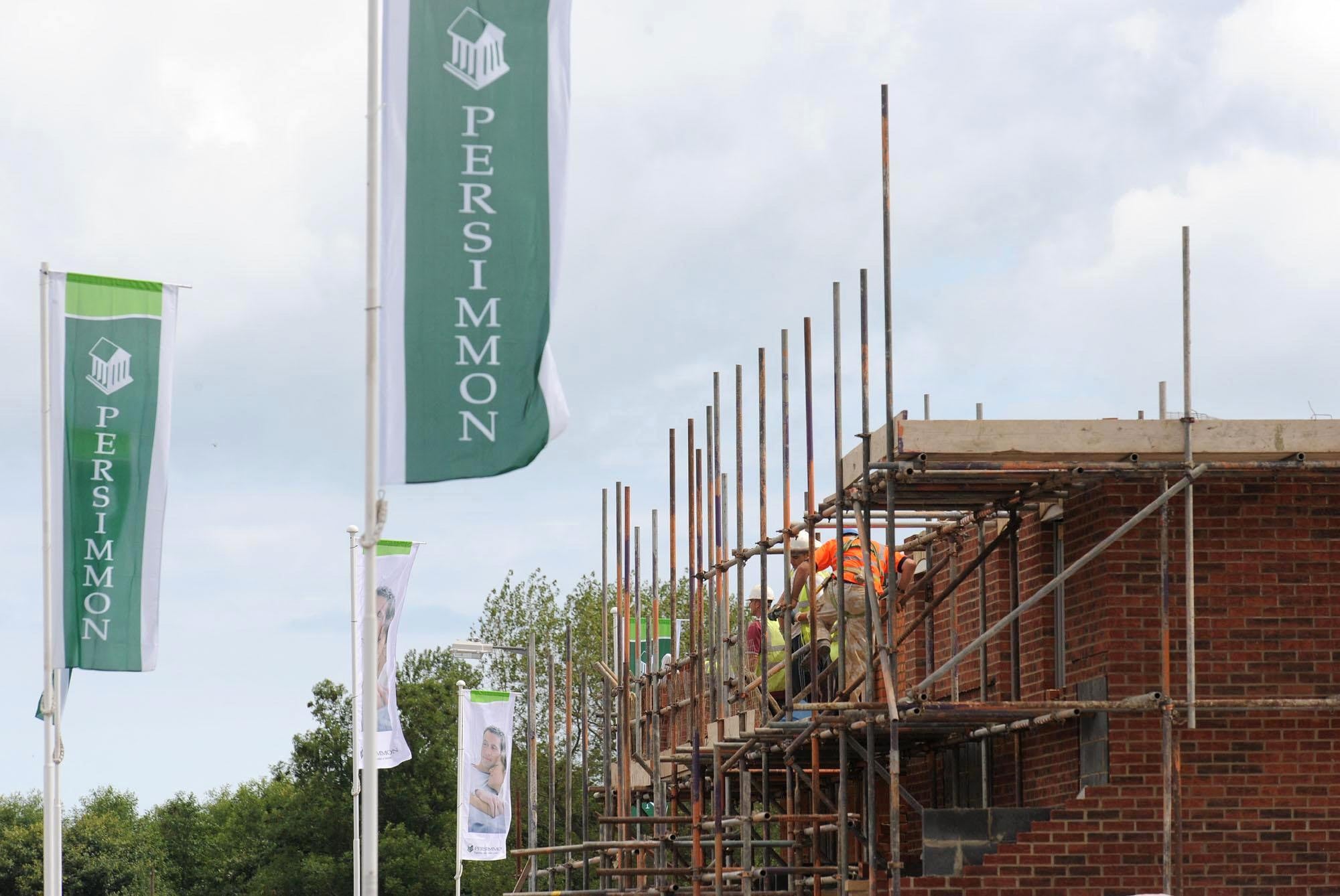The leasehold changes are welcome but this certainly isn’t a victory
Leasehold – selling properties without including the land they’re built on – simply shouldn’t exist. It’s a feudal relic that must be outlawed. Developers should never have sold properties on this basis, nor should they have been selling freeholds on to investment firms, writes James Moore


A real win for thousands of leaseholders,” is how Andrea Coscelli, chief executive of the Competition and Markets Authority (CMA), described a deal the watchdog has reached with two of the major players in the leasehold property scandal.
One of those, housebuilder Persimmon, will offer its leaseholders the opportunity to buy their properties’ freeholds at a discounted price. The other, insurer Aviva, which has been buying up freeholds for investment purposes, will scrap punitive clauses that can see the ground rents leaseholders have to pay doubling every 10 or 15 years, and refund those on the wrong end of such terms.
The positions of those trapped in homes made impossible to sell by this type of doubling provision, and/or prevented from buying their freeholds due to cost, have certainly been dramatically improved through the deal.
But is Coscelli right to describe it as a “win” when householders shouldn’t have been put in the position in the first place?
Leasehold, the practice of selling homes without including the land they’re built on, is a fetid feudal relic that should have been outlawed a long time ago. There is almost nowhere on the planet where this sort of system is allowed to operate, and there is no good reason to sell new homes on this basis.
The fashion for it among housebuilders is actually a relatively recent development. The scandal that sparked the CMA’s involvement came about through their starting to sell leasehold homes containing contracts designed to make them attractive to investment firms like Aviva.
They didn’t need to do this. Sebastian O’Kelly, CEO of the Leasehold Knowledge Partnership, a charity set up to protect leaseholders, told me of one development north of London, which was initially sold as leasehold until they kicked up a fuss. Subsequent phases were sold as freehold property for cheaper prices.
And it’s not as if the developers weren’t making extraordinarily good money. An overheated housing market, juiced by the government’s help-to-buy scheme that acted as a de facto builder’s subsidy, made for fat profits. The market, in fact, got so silly that Persimmon once tried to pay its former CEO a £100m bonus until pressure from the public and its investors saw it reduced. A bit.
It seems to be that it was simply greed, and a complete absence of anything resembling business ethics, that motivated them. There are those who would argue that the buyers had solicitors and should have known, or been made aware, of what they were getting into. But Britain has a notable shortage of housing supply, and if all the affordable homes in your area are sold on a leasehold basis, what do you do?
There has also been evidence of mis-selling, of people being told “don’t worry, the lease really isn’t a problem and you can buy the freehold in a couple of years for a couple of grand if you want”, only to find themselves dealing with a new landlord with a very different view of the world down the line.
Small wonder that O’Kelly says the industry should “hang its head in shame”. He’s right. It should. If this really were the “win” Coscelli says it is, Persimmon’s aggrieved homeowners shouldn’t have to buy their freeholds at a discount. They should be given them because the freehold should have been part of the deal when they bought their homes. Aviva’s fund should, meanwhile, be closed down.
This could actually be seen as a win for the two companies, which haven’t admitted any wrongdoing and will now be able to avoid the courts and a lot of bad PR. And yet still the industry doesn’t get it.
In its press release, the CMA said it had written to the investment groups Brigante Properties, Abacus Land and Adriatic Land, setting out its concerns and requiring them to remove doubling ground rent terms from their contracts.
They remain under investigation, as do housebuilders Countryside, Taylor Wimpey and Barratt Developments. The CMA stresses that “it should not be assumed that they have breached the law”.
But if they sold homes under anything like the sort of terms this deal, while not entirely satisfactory, resolves, they live in a moral sewer. The CMA should aggressively pursue them if they don’t sign to something similar, and quickly.
Join our commenting forum
Join thought-provoking conversations, follow other Independent readers and see their replies
Comments